“A man is not idle because he is absorbed in thought. There is a visible labor and there is an invisible labor.” So said Victor Hugo, a prolific author who wrote in a phenomenal variety of genres.
This volume, as is true with my other books, is a bit of a family project. My daughter, Emily Thompson, formatted, published, and designed the covers for my Echoes books and When None Command.
She is the author of the 12 volume adventure series, Clockwork Twist, and despite working on her own novels, her paintings and myriad other activities, she designed the cover for Poems From Planet Janice.
My Husband, Stanley, whose painting graces the comer of When None Command, took on the role of re-editing all of my previous books and then he edited and formatted Poems From Planet Janice as well. He also work tirelessly at making a dream of mine a reality.
He republished my larger books, A Compilation Of Echoes, When None Command, and Poems From Planet Janice as hardcover books!!! This last feat has been my dream for many, many years.
All that I did in these endeavors was to compose the poems contained in the books, and what a wonderful culmination of fifty nine years of writing poetry this is: from my old ratty box of poetry to hardcover books!
Even the very title of this book was coined by my longtime friend, Karen McCoy, as described in the introduction, So it is with immense gratitude that I wish to give credit where it is due, to my loved ones.
Thank you one and all. And now, I present to you Poems From Planet Janice. Please click here to access any of my books on Amazon.com. Enjoy!!!
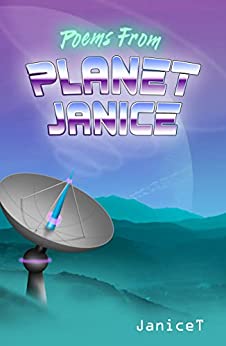



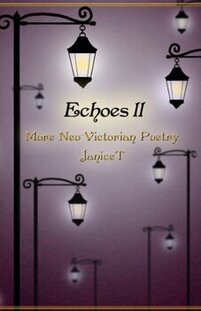

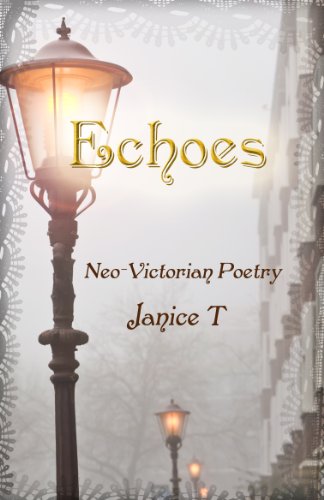
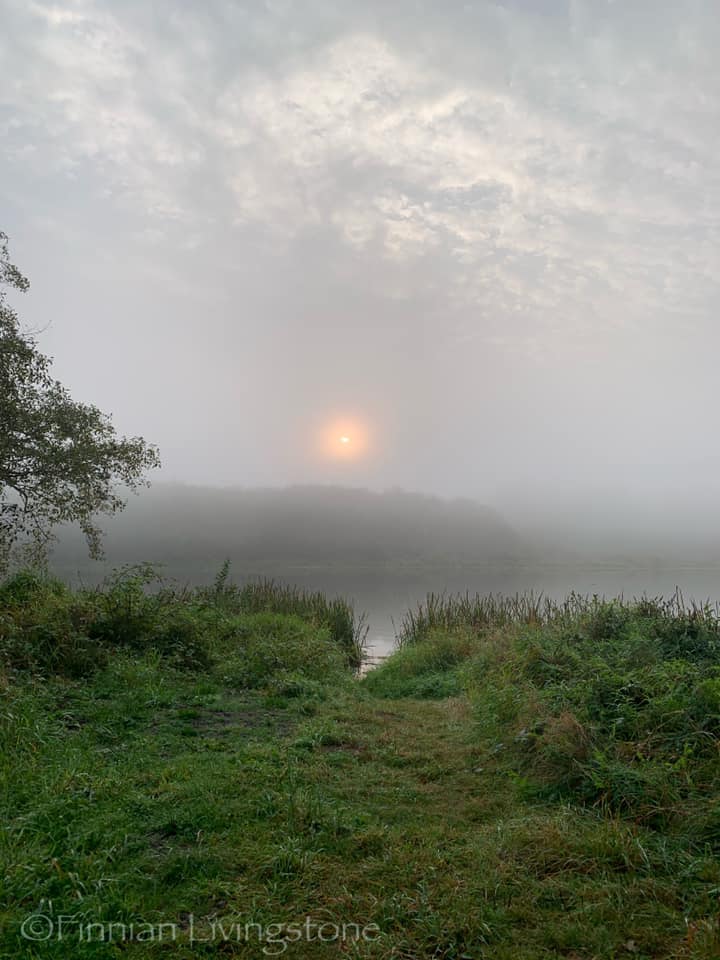
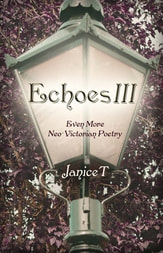

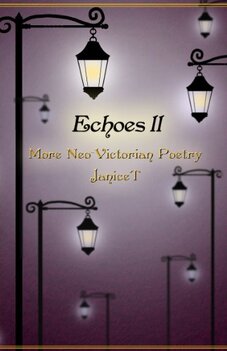
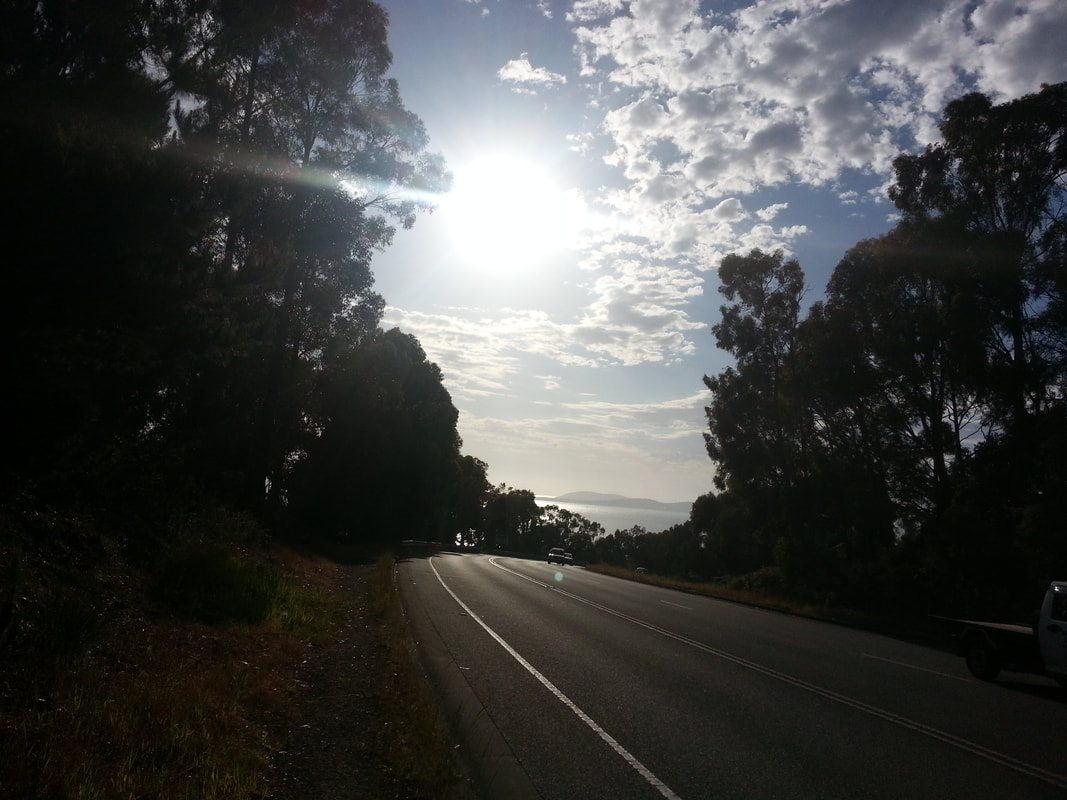
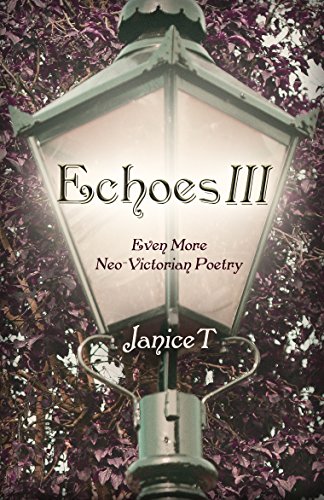
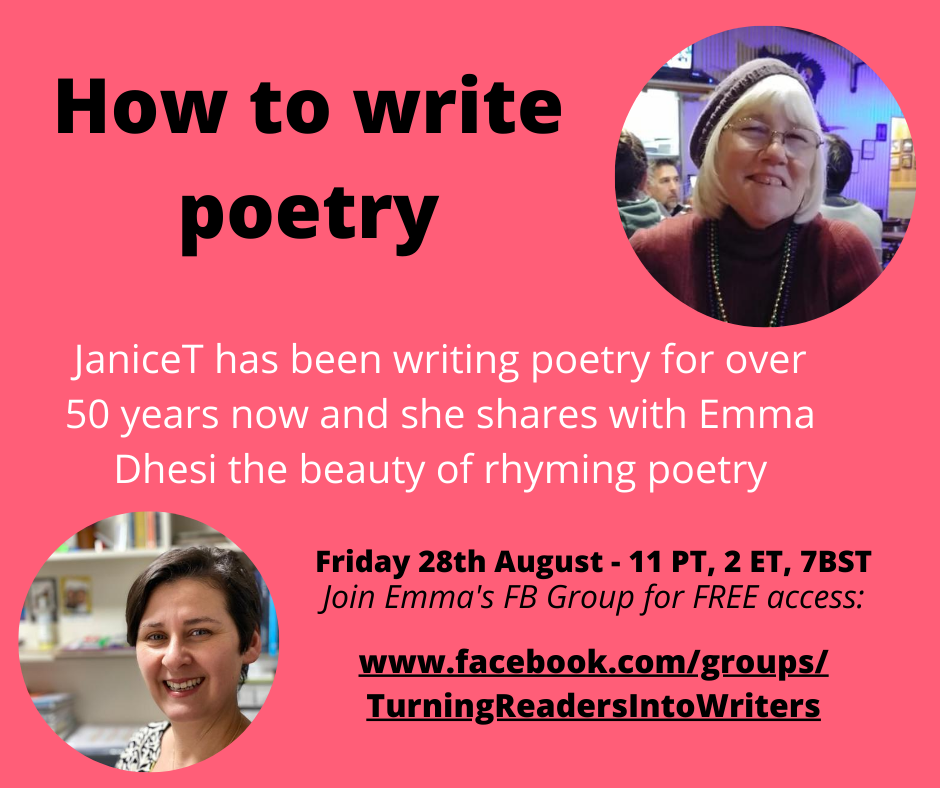


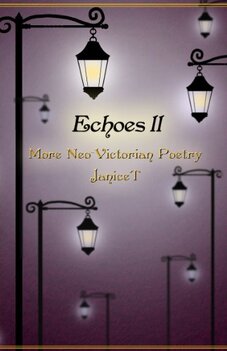
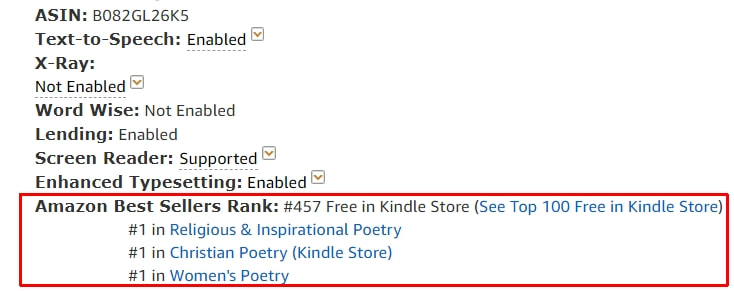


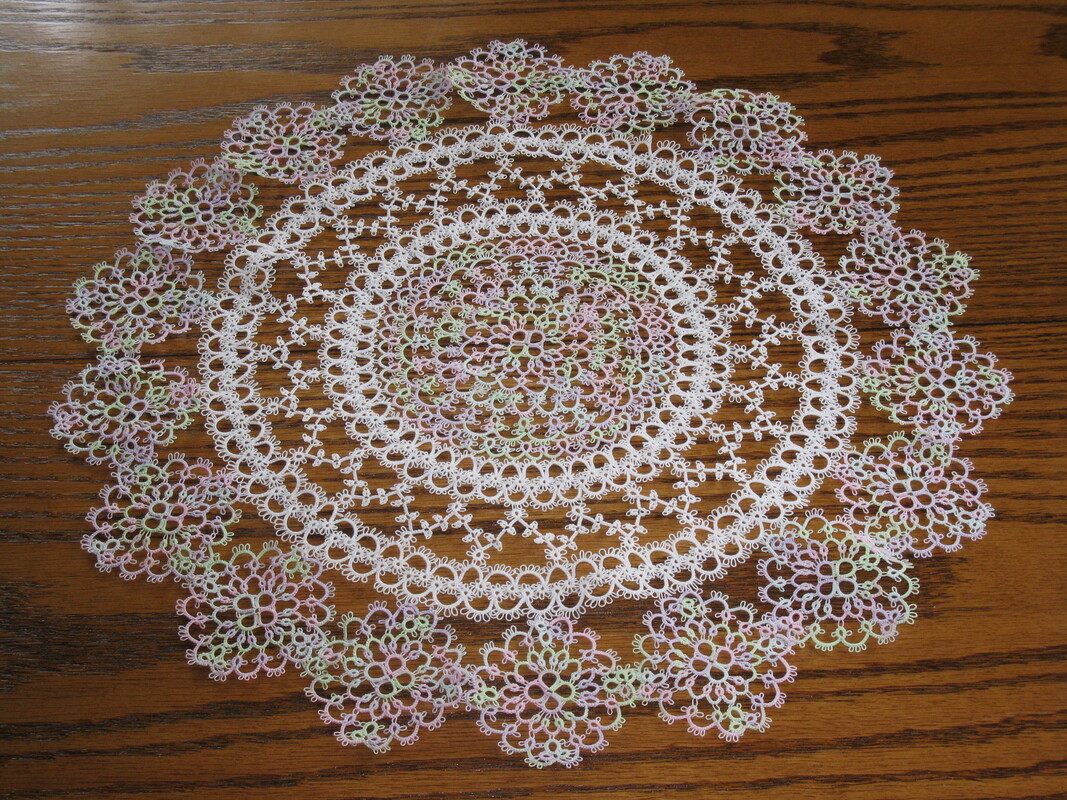


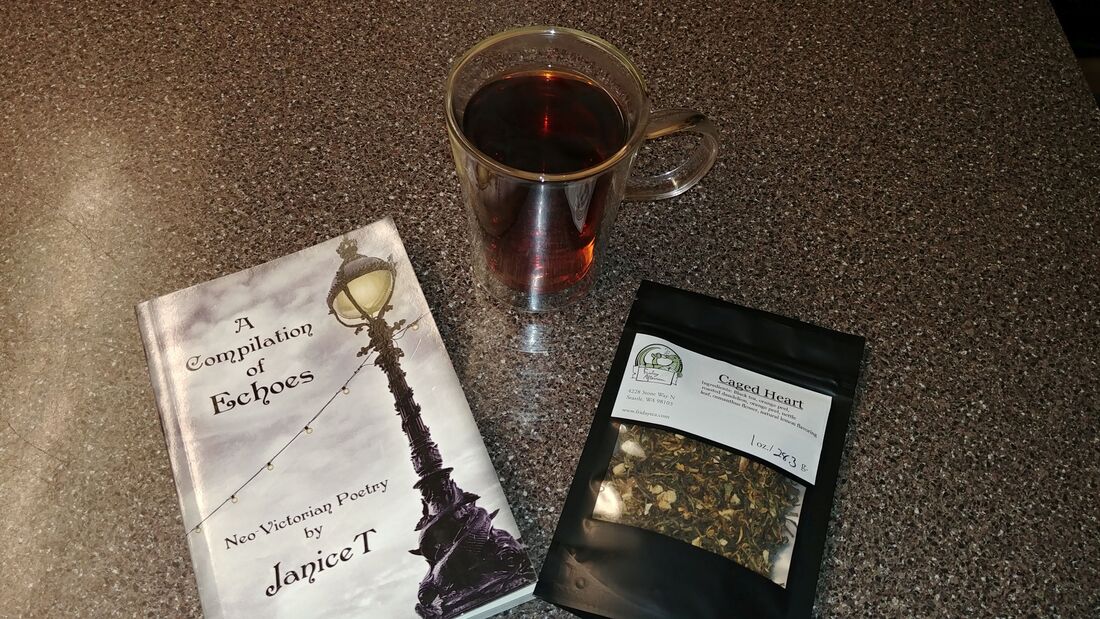

 RSS Feed
RSS Feed